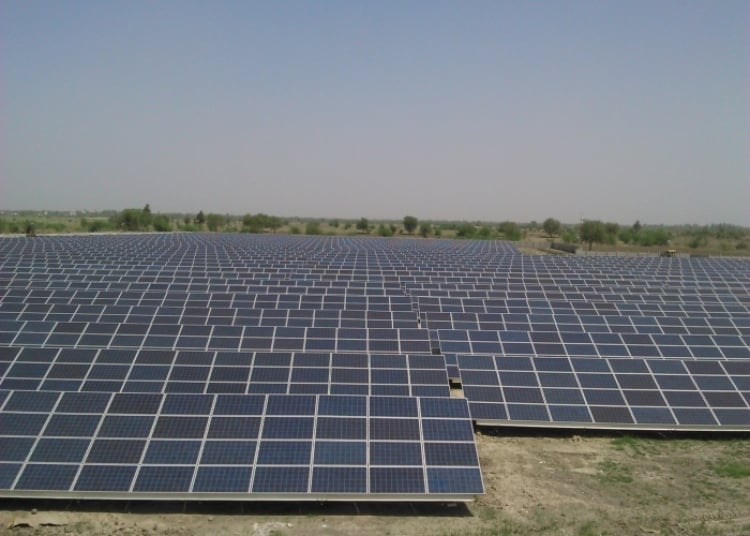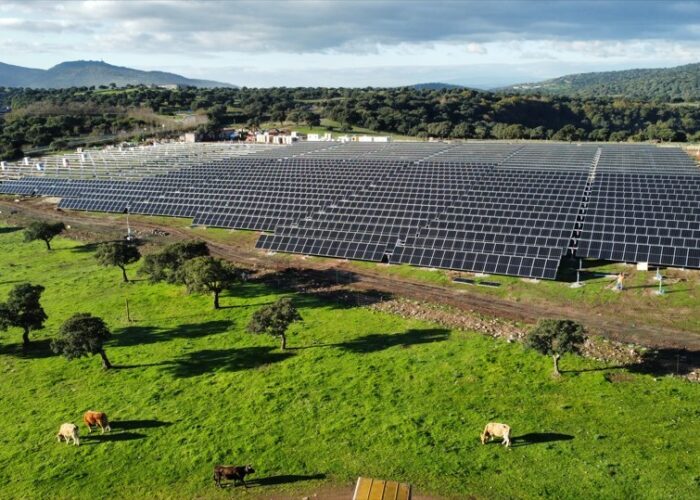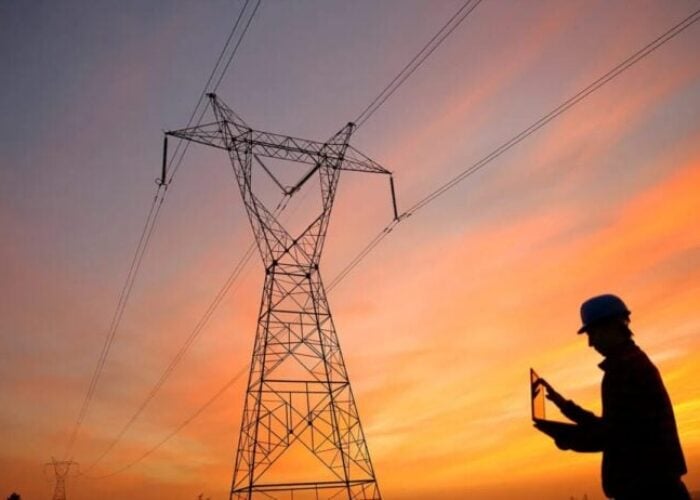
Indian power company JSW Energy Limited has been awarded the contract for a 700MW solar PV project through its wholly-owned subsidiary, JSW Neo Energy.
The deal came through a competitive, tariff-based tender from the Indian government-owned electricity generator the National Thermal Power Corporation (NTPC). The entire tender sought 1.5GW of solar PV capacity to be connected to India’s Interstate Transmission System (ISTS).
Unlock unlimited access for 12 whole months of distinctive global analysis
Photovoltaics International is now included.
- Regular insight and analysis of the industry’s biggest developments
- In-depth interviews with the industry’s leading figures
- Unlimited digital access to the PV Tech Power journal catalogue
- Unlimited digital access to the Photovoltaics International journal catalogue
- Access to more than 1,000 technical papers
- Discounts on Solar Media’s portfolio of events, in-person and virtual
Neither company disclosed the state or specific location of the project.
JSW said that this deal brings its total generation portfolio to 13.3GW, 3.1GW of which is solar PV capacity. It added that there are 3.4GW of projects locked in under Letters of Award or Letters of Intent in deals with Indian state-owned companies NTPC, SJVN and GUVNL.
Earlier this month, JSW Neo Energy secured a 700MW contract in a tender from the state-owned Solar Energy Corporation of India (SECI). This capacity was awarded at INR2.56 per kWh (US$0.03).
India’s utility-scale solar sector has lagged behind its targets over the past year. Data from the Institute for Energy Economics and Financial Analysis (IEEFA) and JMK Research found that deployed capacity had fallen significantly short of the Indian government’s plans for 450GW of solar PV capacity by 2030.
The reasons provided are twofold. First, the government’s Approved List of Models and Manufacturers (ALMM) legislation, which limits the manufacturers and types of solar modules able to access the Indian market, led to supply shortages and project delays. The ALMM was relaxed in 2023 but reimposed earlier this year.
Secondly, the IEEFA called for the Indian government to increase the frequency and size of its solar tenders, which it said had been falling short of the necessary levels.







